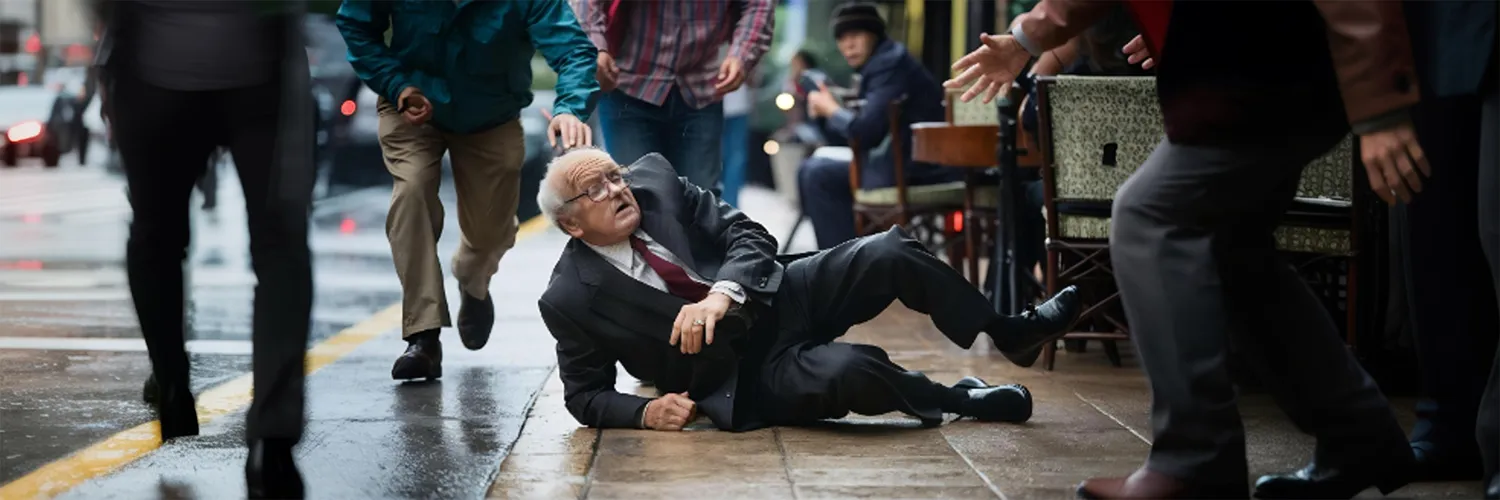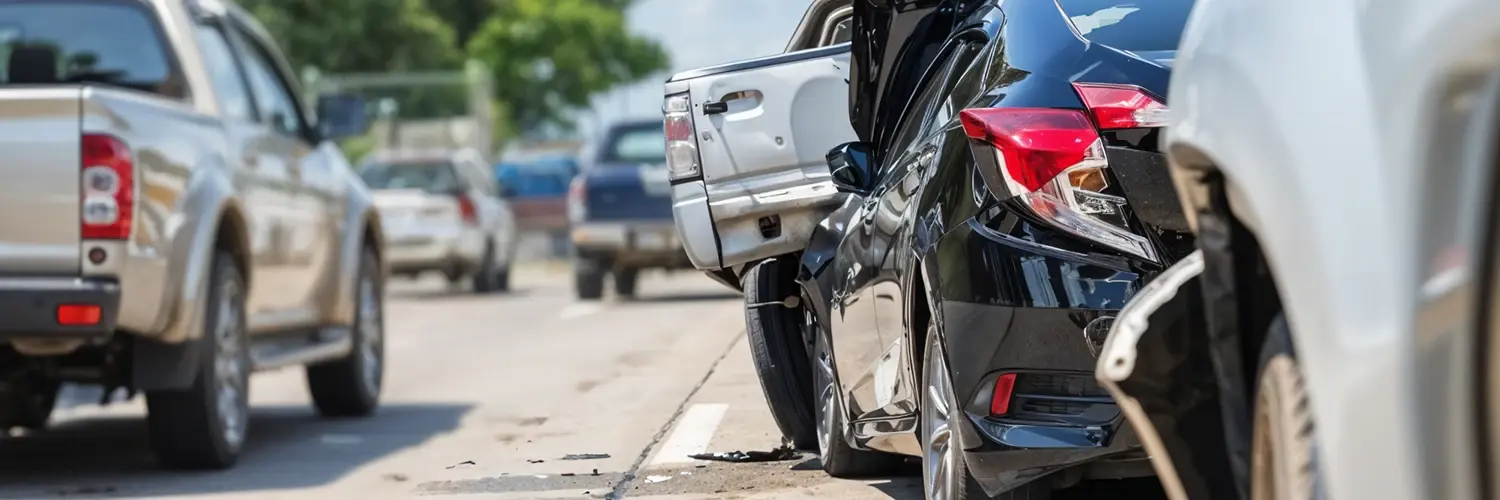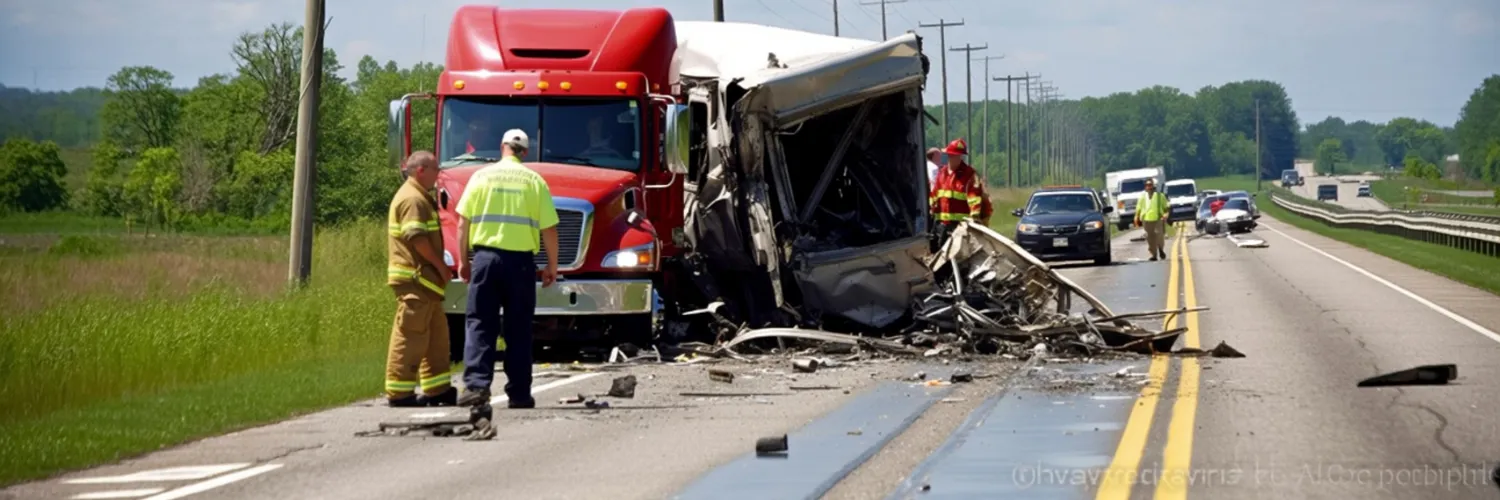Accidents involving large trucks can leave devastating consequences for victims and their families. Knowing the right steps to take after such an incident can make a huge difference in protecting your health, your rights, and your financial recovery. Whether the collision involves an 18-wheeler, a semi-truck, or another commercial vehicle, consulting an experienced truck accident lawyer Texas should be among your first priorities
Table of Contents.
- The Urgency of Truck Accident Response
- Step 1: Prioritize Medical Care
- Step 2: Ensure Safety at the Scene
- Step 3: Document Everything
- Step 4: Avoid Statements That Could Harm Your Claim
- Step 5: Notify Your Insurance Company
- Step 6: Understand Trucking Company Liability in Texas
- What Does the Black Box Reveal?
- Step 7: Protect Your Rights with a Lawyer
- Common Mistakes to Avoid After a Truck Accident
- The Importance of Timely Legal Action
- Conclusion
- FAQs
The Urgency of Truck Accident Response
Truck accidents in Texas are not rare. Every year, thousands of cases are reported, resulting in injuries and fatalities. The huge size and weight of these vehicles often make collisions catastrophic. Immediate action is critical, both medically and legally.
Step 1: Prioritize Medical Care
Your health must always come first. Even if you feel fine, shock and adrenaline can mask internal injuries.
- Call 911 immediately and request emergency assistance.
- Accept medical evaluation at the scene.
- Follow up with your doctor within 24–48 hours.
Step 2: Ensure Safety at the Scene
If the accident allows, move to a safe location near the crash site. Turn on hazard lights to alert oncoming traffic. Avoid confrontations with the truck driver or other parties. Instead, focus on gathering details. If you are unable to do so due to injury, ask a bystander for help.
Step 3: Document Everything
Evidence plays a major role in proving liability. Here are practical steps:
- Take photos of vehicle damage, skid marks, and road conditions.
- Capture license plates, company logos, and trailer numbers.
- Collect witness information and statements.
- Obtain a copy of the police accident report.
Step 4: Avoid Statements That Could Harm Your Claim
While it is natural to speak out of shock, avoid making statements like “I’m sorry” or “It was my fault.” Insurance companies may use such words against you later. Stick to factual details when interacting with law enforcement.
Similarly, refrain from discussing the accident on social media. Defense lawyers often scour online platforms for posts that could weaken your case.
Step 5: Notify Your Insurance Company
Report the collision promptly, but avoid giving detailed recorded statements before consulting legal counsel. Insurers often aim to minimize payouts. Provide only the basic facts required to initiate the process.
Step 6: Understand Trucking Company Liability in Texas
Determining liability in a truck accident is more complex than in a standard car crash. In many cases, the driver is only one part of the entire process. The whole case depends on multiple other factors. Potentially liable parties include:
- Trucking companies that fail to enforce federal safety standards.
- Cargo loaders responsible for unsafe freight distribution.
- Vehicle manufacturers in cases of defective parts.
What Does the Black Box Reveal?
Commercial trucks often contain an Event Data Recorder (EDR), commonly known as the black box. It can provide crucial information such as:
- Speed of the vehicle before the crash
- Brake usage and timing
- Engine performance
- Sudden acceleration or deceleration
- Hours of service logged by the driver
This data helps reconstruct what happened and holds negligent parties accountable.
Step 7: Protect Your Rights with a Lawyer
Large trucking companies and their insurers often have entire legal teams working against accident victims. Without a lawyer, you may quickly lose your case or settlement leverage. A Dallas 18-wheeler accident lawyer will:
- Investigate the accident thoroughly.
- Consult accident reconstruction specialists.
- Negotiate with insurers for maximum settlement.
- File a lawsuit if negotiations fail.
Common Mistakes to Avoid After a Truck Accident
Many victims unintentionally make their claims weak. Avoid these pitfalls:
- Settling quickly without understanding long-term medical costs.
- Failing to preserve medical receipts and wage-loss documentation.
- Delaying contact with an attorney, which can allow evidence to disappear.
The Importance of Timely Legal Action
Texas law sets strict deadlines for filing truck accident claims. Generally, the statute of limitations for personal injury is two years from the date of the crash. Waiting too long may bar you from seeking compensation altogether.
Engaging a lawyer early ensures your case is filed within deadlines, witnesses are contacted while memories are fresh, and crucial evidence is preserved.
Conclusion
Truck accidents are life-altering events that demand immediate and informed action. By seeking medical care, preserving evidence, and contacting an attorney, victims give themselves the best chance of recovering damages. Legal representation ensures accountability for negligent drivers, trucking companies, and insurers. If you are unsure what to do after a truck accident consulting an attorney right away is the safest step forward. For those facing severe consequences, speaking with a Dallas 18-wheeler accident lawyer can help secure justice and protect the future.
Need help after a truck accident? Contact Khan & Cage today for a free consultation.
Frequently Asked Questions (FAQs)
What damages can I claim after a truck accident?
Victims may claim compensation for medical expenses, lost wages, pain and suffering, rehabilitation costs, and property damage.
How is a truck accident claim different from a car accident claim?
Truck accidents involve federal trucking laws, larger insurance policies, and multiple liable parties. This complexity demands legal expertise that goes beyond standard motor accident claims.
Who investigates truck accidents in Texas?
Investigations may involve local police, the Texas Department of Transportation, and sometimes federal agencies like the FMCSA. Your attorney will also carry out an independent investigation.
Can I still file a claim if I was partially at fault?
Yes. Texas follows a modified comparative fault system. If you are less than 51% responsible, you may still recover damages, though they may be reduced by your percentage of fault.
What are the steps after a semi-truck collision?
The key steps include calling 911, getting medical care, ensuring safety at the scene, documenting evidence, notifying your insurer, and contacting a truck accident lawyer.





